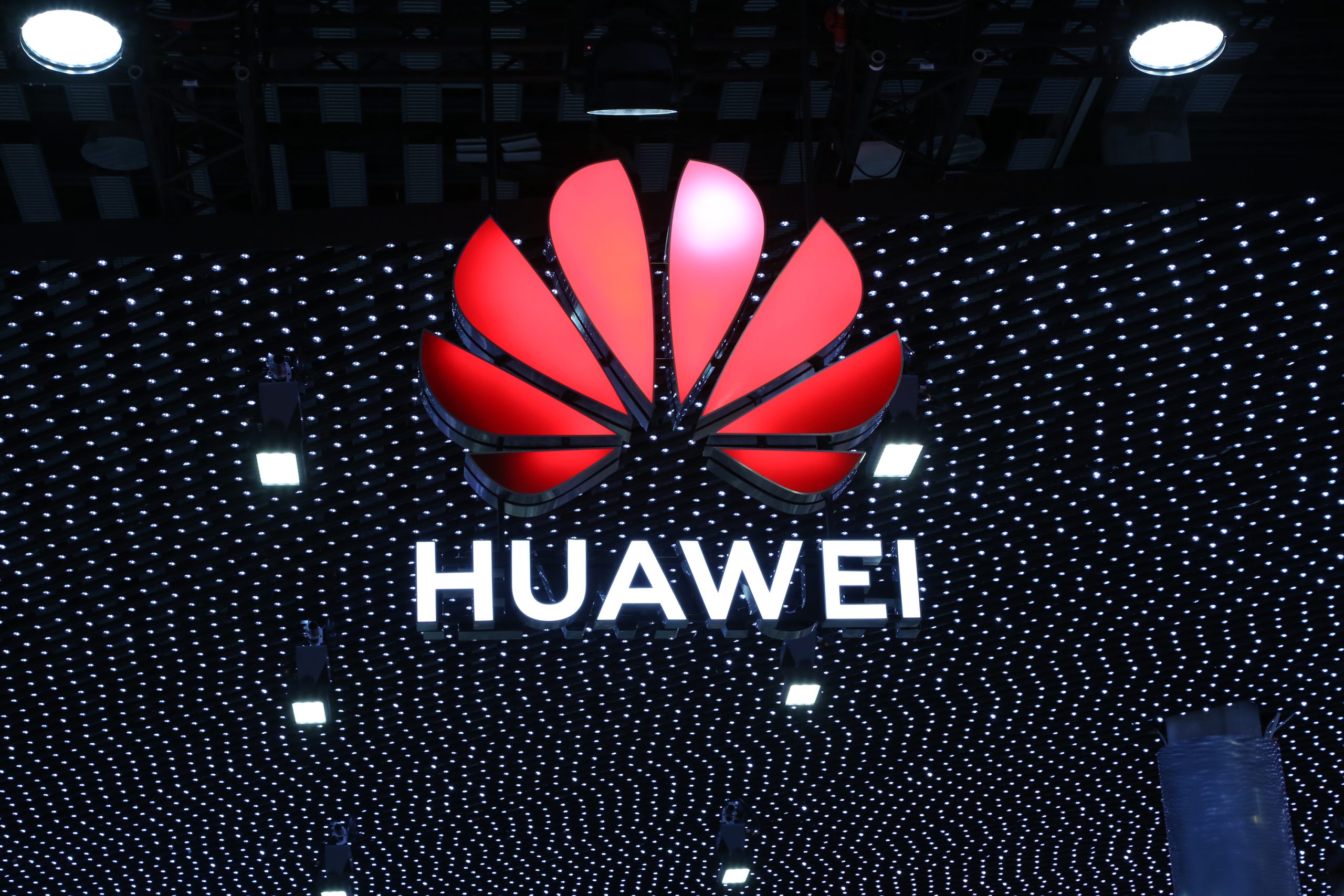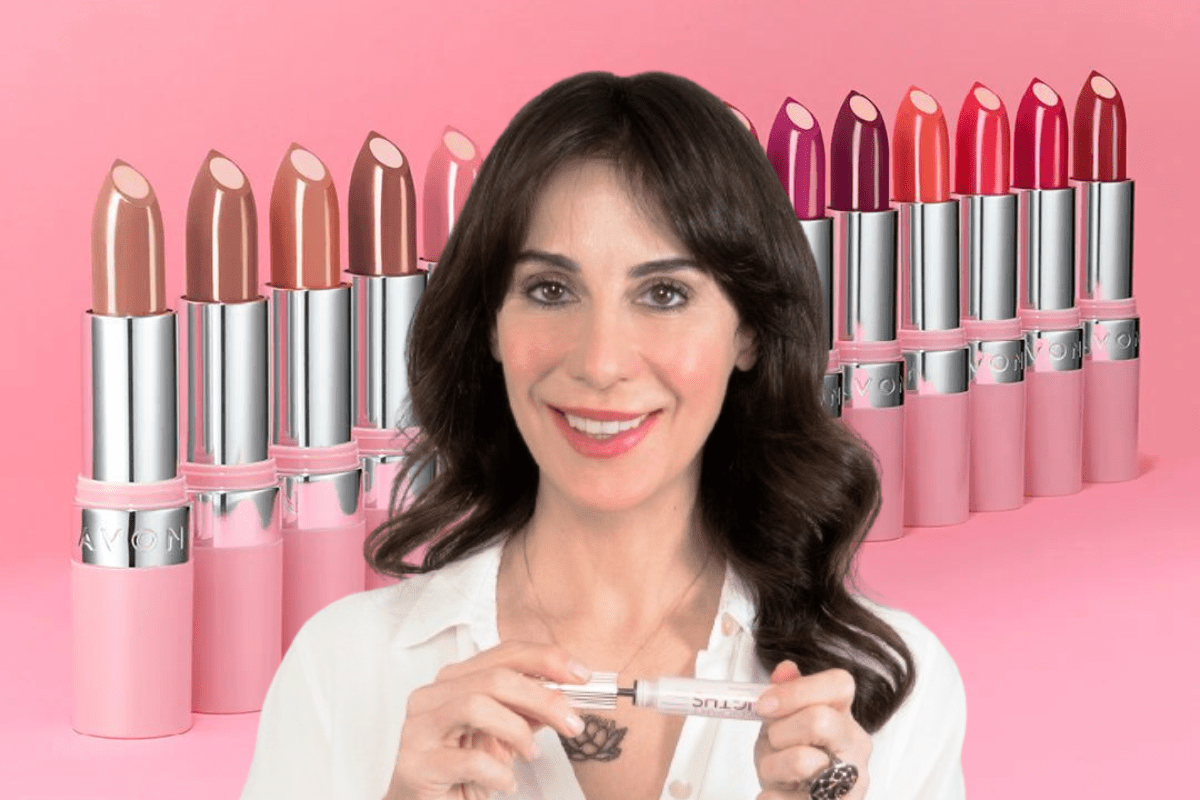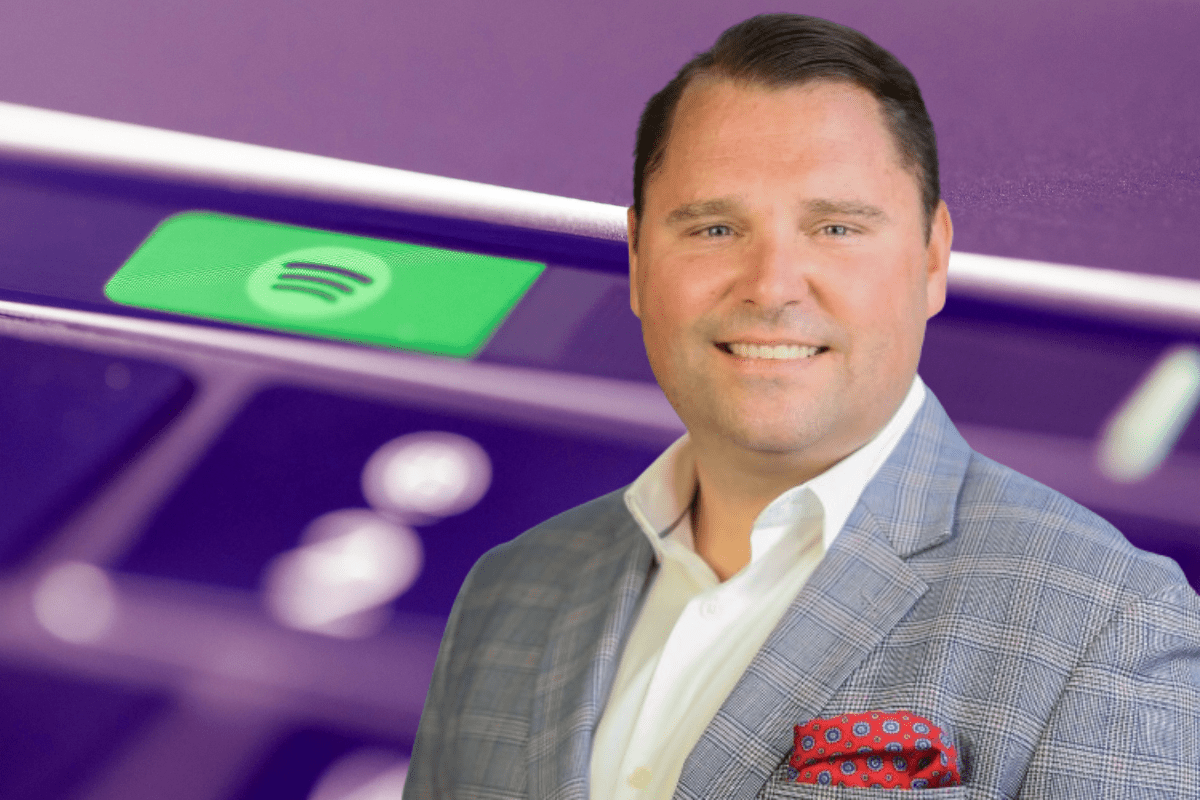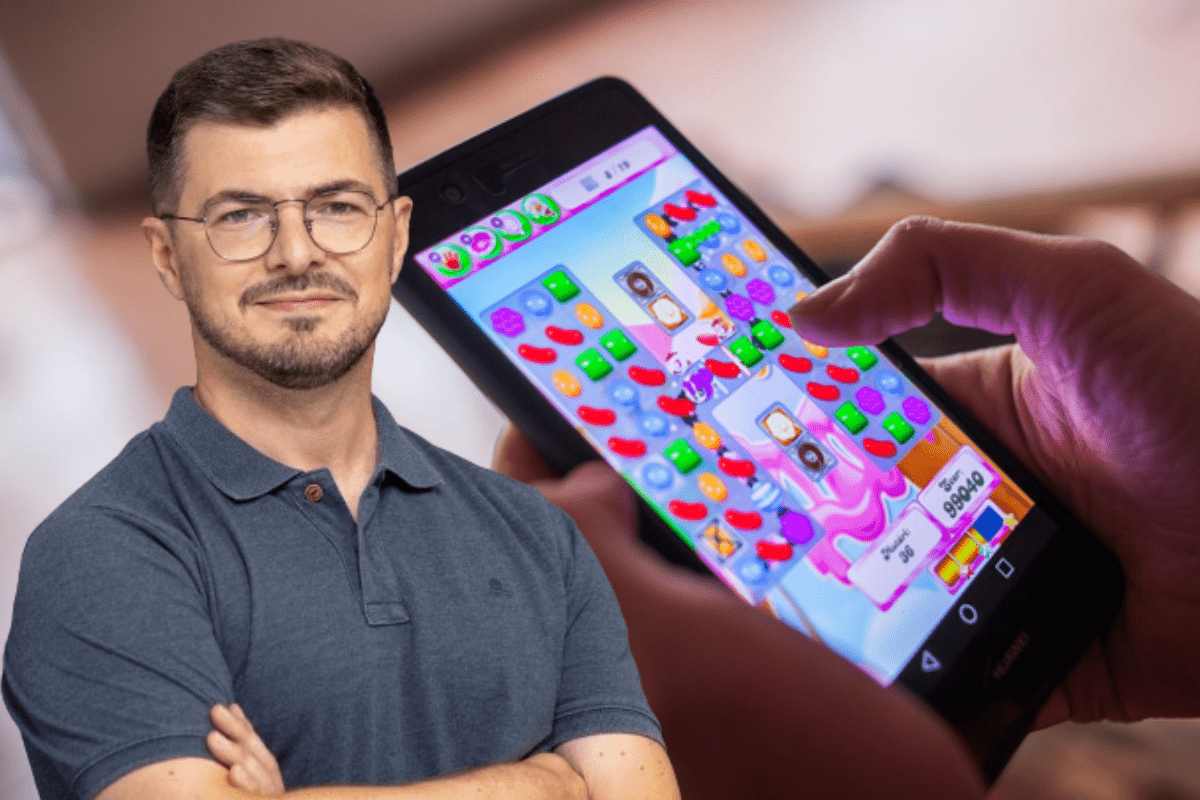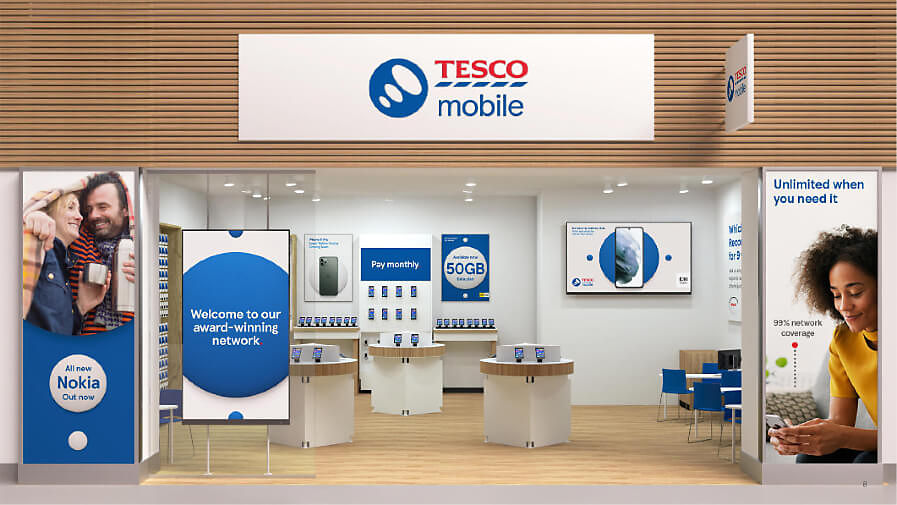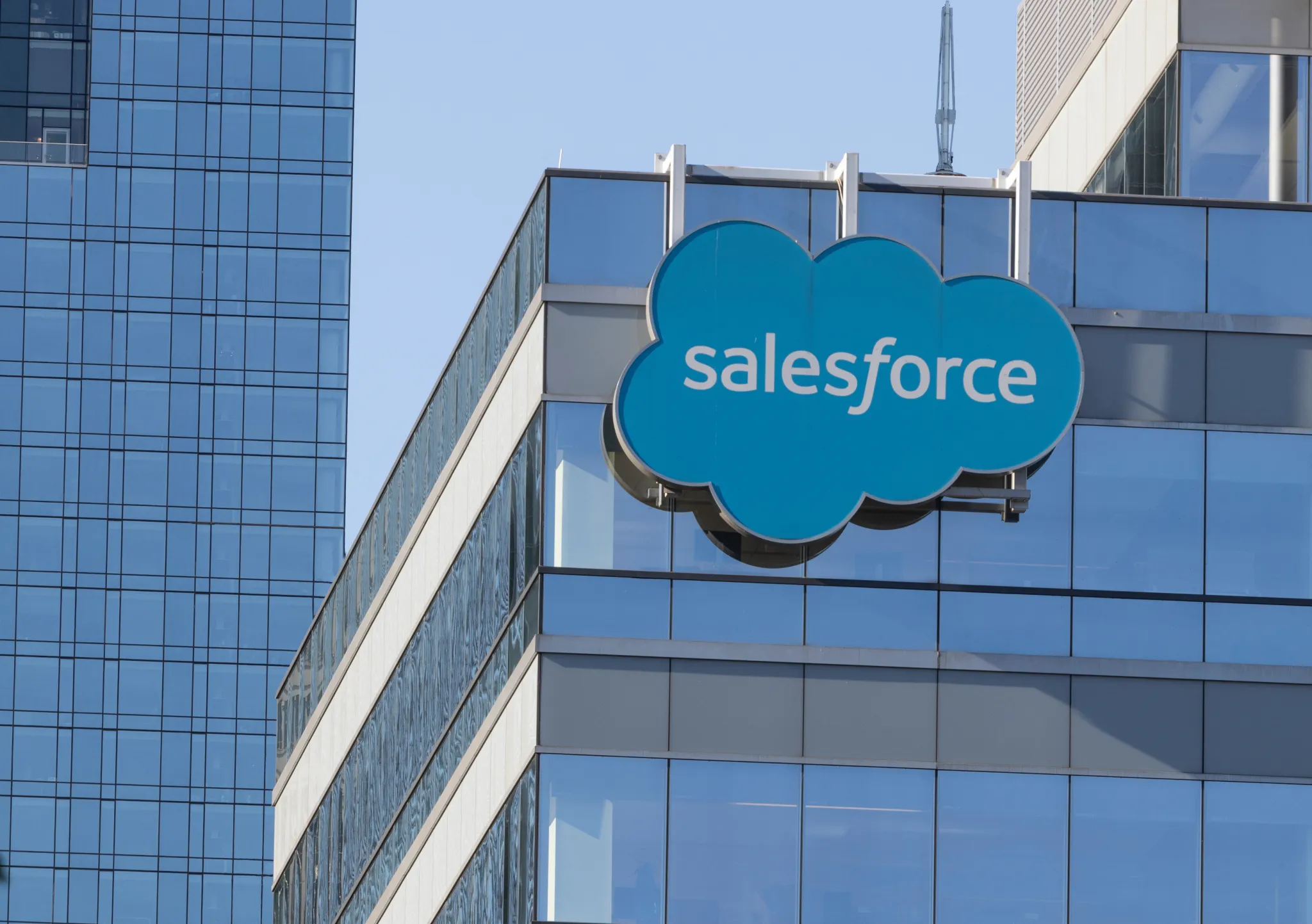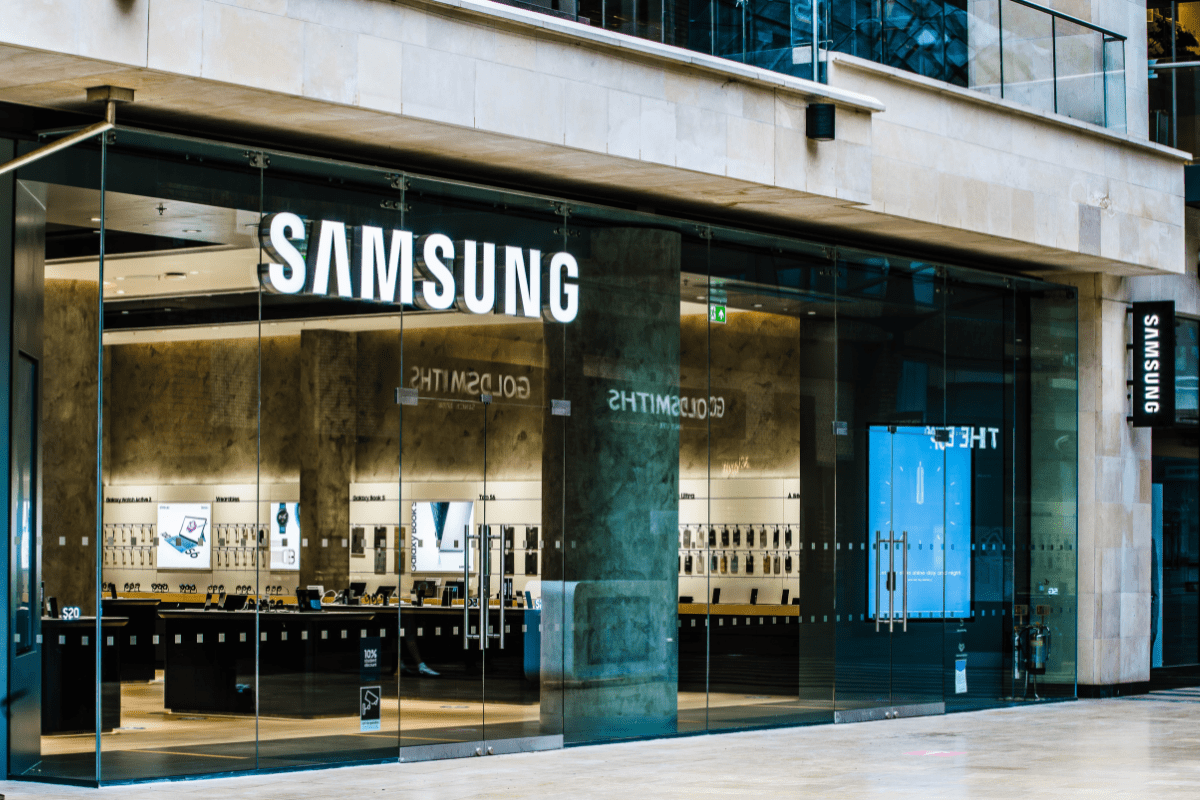Case Study: Gordon’s Gin integrates telco data to power commuter campaign
- Thursday, April 12th, 2018
- Share this article:
 When faced with an annoying delay at a train station on your way home, it’s always nice to have a refreshing beverage designed to ease the frustration. Gordon’s Gin designed to tap into that sentiment with an industry first campaign that triggered messages to commuters only when their train was delayed. Using telco data combined with engaging messaging, the brand was able to prompt 21 per cent of targeted commuters travelling after 1pm to buy a can of their pre-mixed Gordon’s Gin & Tonic.
When faced with an annoying delay at a train station on your way home, it’s always nice to have a refreshing beverage designed to ease the frustration. Gordon’s Gin designed to tap into that sentiment with an industry first campaign that triggered messages to commuters only when their train was delayed. Using telco data combined with engaging messaging, the brand was able to prompt 21 per cent of targeted commuters travelling after 1pm to buy a can of their pre-mixed Gordon’s Gin & Tonic.
The campaign was carried out with O2-owned mobile marketing firm Weve, in conjunction with media agency Carat, and has been recognised with a number of awards, including “Most Effective FMCG/Retail Campaign” and “Most Effective Location Campaign” at our own Effective Mobile Marketing Awards last November.
To deliver this innovative campaign, Weve first identified those who were known travellers, aged 18 and over, and in the vicinity of rail stations. The firm made use of O2’s anonymised first party contract data as the base for the campaign, and were therefore able to guarantee with 100 per cent certainty that the message would be delivered to commuters aged over 18 – an integral component for an alcohol product. Then, live location data allowed the campaign to be triggered within a 200m radius of a rail station, and habitual data was overlaid to build an audience of known commuters who frequented specific railway stations for double verification.
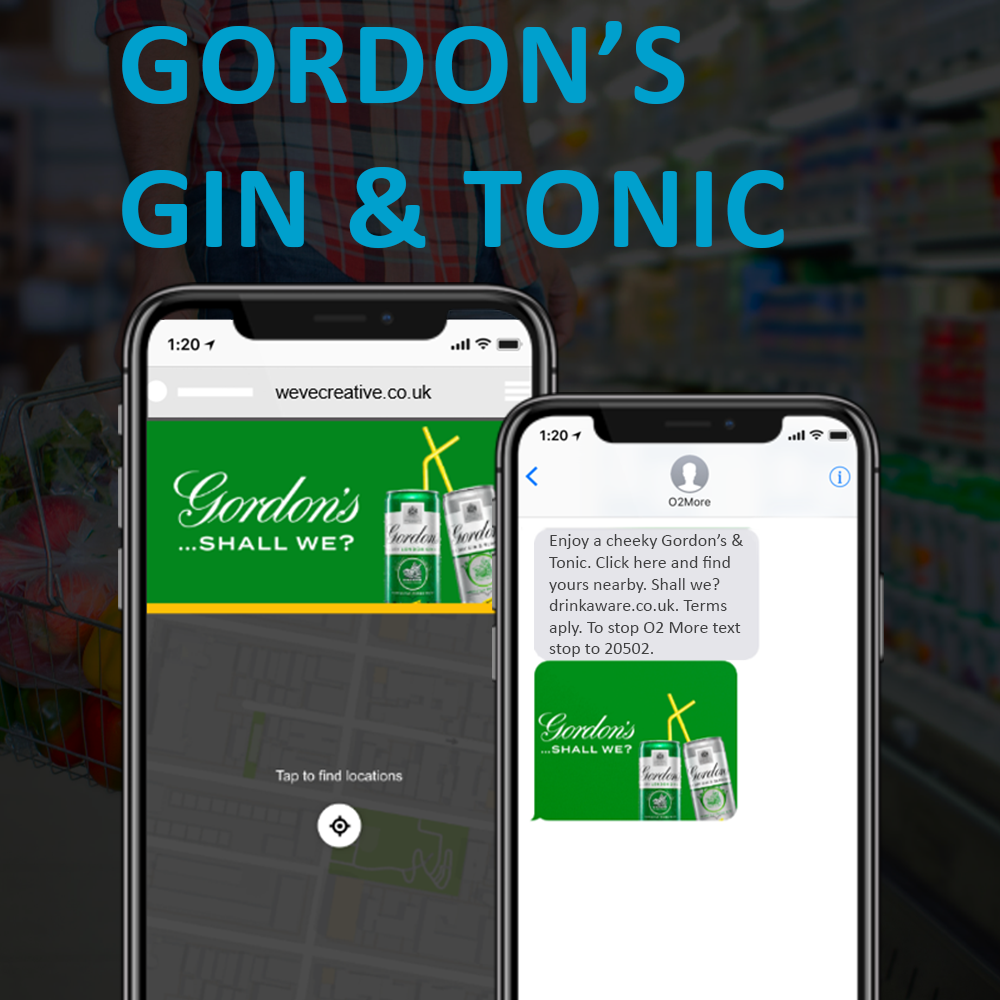 But it was the frustration of train delays that was the critical point in the success of the campaign. Weve partnered with cross-channel customer engagement provider Engage Hub to integrate a live National Rail API into Weve’s messaging delivery platform, enabling message delivery to pre-qualified target consumers only when trains were delayed at their station. The message drove recipients to a personalised store locator to find the nearest Gordon’s stockist and pick up a can as quickly and conveniently as possible, alleviating their travel frustrations.
But it was the frustration of train delays that was the critical point in the success of the campaign. Weve partnered with cross-channel customer engagement provider Engage Hub to integrate a live National Rail API into Weve’s messaging delivery platform, enabling message delivery to pre-qualified target consumers only when trains were delayed at their station. The message drove recipients to a personalised store locator to find the nearest Gordon’s stockist and pick up a can as quickly and conveniently as possible, alleviating their travel frustrations.
Rick Hirst, CEO of Carat, called the campaign “the most innovative use of data we’ve utilised for a fairly specific comms challenge on the Gordon’s brand digitally ever. The success of the campaign has influenced future comms strategy and executions for Gordon’s in the UK. Mobile, and particularly SMS messaging, has secured its place firmly on the Gordon’s plan in the near future.”
“We were delighted that Carat and Gordon’s trusted Weve to be their media partner for this campaign, knowing that we could deliver an age-appropriate audience of delayed commuters,” said Martin Weller, managing director at Weve. “The success of this campaign rested on our ability to message consumers at the right time, in the right place, and together with our partner Engage Hub, we were able to use train delay data in an innovative and intelligent way to drive consumers in store, without the concern that they would miss their train.”
The results from the campaign speak for themselves: 21 per cent of targeted commuters purchased Gordon’s Gin & Tonic as a result of the campaign with Weve, 64 per cent of whom agreed they were more likely to do so because of where and when they received the message. The campaign also impacted future purchase intent, with those who recalled the message 60 per cent more likely to purchase from Gordon’s in the future.
“Gordon’s and Carat have been rewarded for being willing to push the boundaries of what’s possible with hyper-targeted precision marketing, setting a new standard for successful location-based customer engagement strategies,” said Ray Tierney, CEO at Engage Hub. “Working with Weve, we are exceptionally excited to see how much further we can take hyper-targeted precision marketing.”




